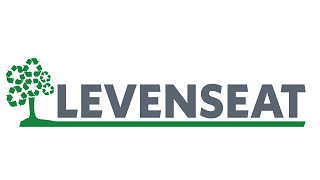Recent Posts
Archives
- May 2025
- March 2025
- February 2025
- November 2024
- October 2024
- March 2024
- October 2023
- September 2023
- July 2023
- June 2023
- May 2023
- April 2023
- March 2023
- October 2022
- September 2022
- May 2022
- April 2022
- October 2021
- July 2021
- December 2020
- November 2020
- August 2020
- July 2019
- June 2019
- April 2019
- February 2019
Categories
- Community news (10)
- industry news (2)
- Innovation (11)
- Lathallan (2)
- news (5)
- No1 destination of choice (5)
- Our Team (6)
- Part of the Community (4)
- Spotlight on the Community (2)
- Uncategorized (1)
